Commuters face more disruption amid strike by rail workers in UK
Rail commuters across Britain face another day of limited and disrupted services as the RMT union holds its second 24-hour strike in three days to protest pay and economic woes.
The service was due to start later on Saturday morning and end early night with reduced schedules across England, particularly as around 20,000 train staff working for Department for Transport (DfT) contract operators are involved in the round of nationwide strikes.
The strike coincided with the last day of a week-long ban on overtime by train drivers in Aslef, as well as engineering works that have caused further disruption and misery for commuters.
Commuters forced to take cars and coaches should expect very congested roads as traffic jams are expected to peak as the school holidays start in England and Wales on Saturday, according to forecasts from the Motoring Authority.
Most of the 14 affected train operators are running around half their normal timetables, although there is wide variation in service levels. The strikes are said to also hit cross-border trains serving Wales and Scotland, where staff are not directly in dispute.
The final departure of long-distance trains is earlier in the afternoon, and West Coast Avanti runs one train per hour between major cities. Engineering work on the main line connecting London and Glasgow will affect services. LNER, CrossCountry and GWR will also cut schedules.
Others, including Northern, TransPennine Express, Southeastern, Govia Thameslink Railway and Chiltern, will stop services on some lines and many stations entirely.
Most of the airport's mainline rail services will run during the day, on one of the busiest weekends for flights out of the UK, although reduced Southern and Thameslink trains will replace the suspended Gatwick Express trains from London.
The Rail Delivery Group, which represents train operators, said passengers should continue to check before travelling. Some disruptions are expected to continue until Sunday morning.
A spokesman said the latest action, following a 24-hour strike on Thursday, would affect “not only the daily commute of our passengers” but family holiday plans and mean "disappointment, frustration and financial strain for tens of thousands of people".
The last strike in a series of three 24-hour strikes planned by the RMT is due to take place next Saturday, July 29.
Unions said the strikes were due to the country's authorities' unwillingness to talk and resolve problems, as neither industry leaders nor ministers have met with them since they rejected below-inflation wage offers earlier in the year.
RMT general secretary Mick Lynch said striking rail workers were still waiting for an invitation back to the negotiating table.
“We’ve been on strike for over a year, this campaign’s probably been running for two years.
“The issues are the same. They’re attacking our jobs. They’re making redundancies. They’re closing services.”
The DfT has called on unions to first allow members a direct vote on deals on the table.
A planned week of strike action on the London Underground was canceled yesterday after talks between unions and Transport for London.
This round of strikes was held once again in UK, when the senior doctors' union went on a nationwide strike in protest of the salary situation.
As consultant doctors and hospital-based dentists began the biggest industrial action since 2012 at 07:00 local time on last Thursday, the country’s state-funded National Health Service (NHS) warned that the 48-hour strike by the consultants would cause severe disruption to the British health system.
Thousands of planned appointments have been postponed due to walkout, which will last until 07:00 local time on Saturday. It spares only emergency care and a small amount of routine work, or the so-called Christmas Day cover.
In June, over 24,000 consultants voted in the British Medical Association (BMA) ballot for the current strike, with the vast majority (20,741 or 86 percent) voting in favor.
Months of talks between the government and public sector unions have failed to resolve ongoing disputes over pay and working conditions in a number of sectors, leaving the NHS with no choice but to cancel appointments and routine treatments and leave passengers stranded on platforms.
The engineering feat behind Iran’s record gas output
VIDEO | Press TV's news headlines
Freedom of speech, right to protest under assault in UK
Border guards seize cache of weapons, ammunition near Iran-Afghanistan border
Grok to power classified programs as Musk's xAI secures deal with Pentagon
Iraqi FM tells US envoy: Government formation ‘internal matter’
Israel killed Gaza aid workers in ‘execution style’ massacre in 2025: Report
Participation shrinks at Israeli arms expo in wake of Gaza genocide: Report


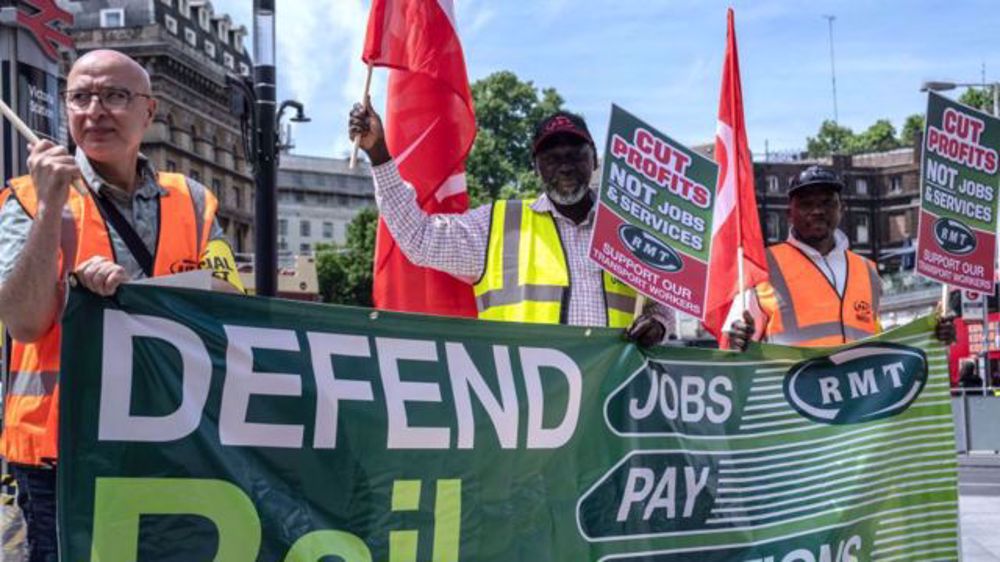
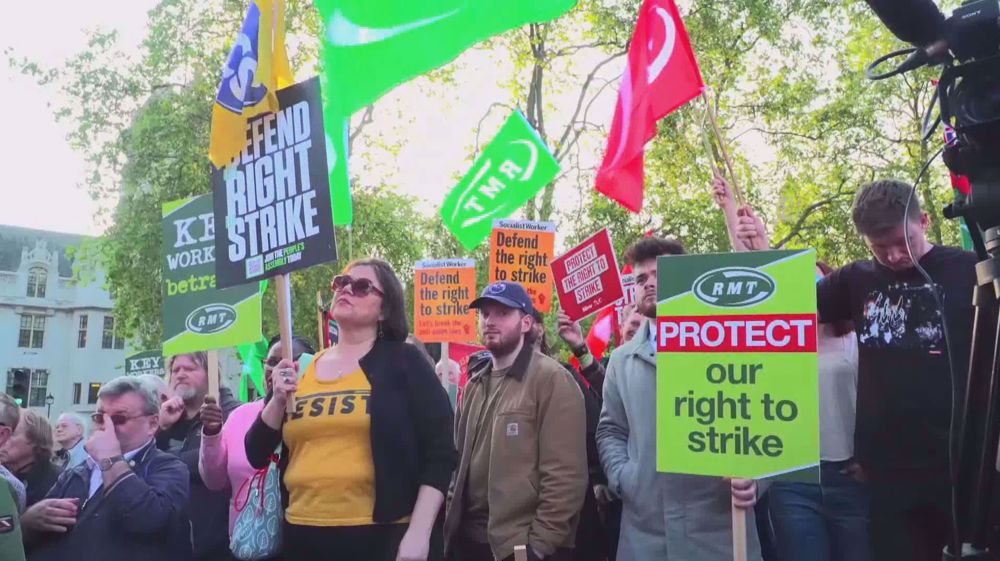

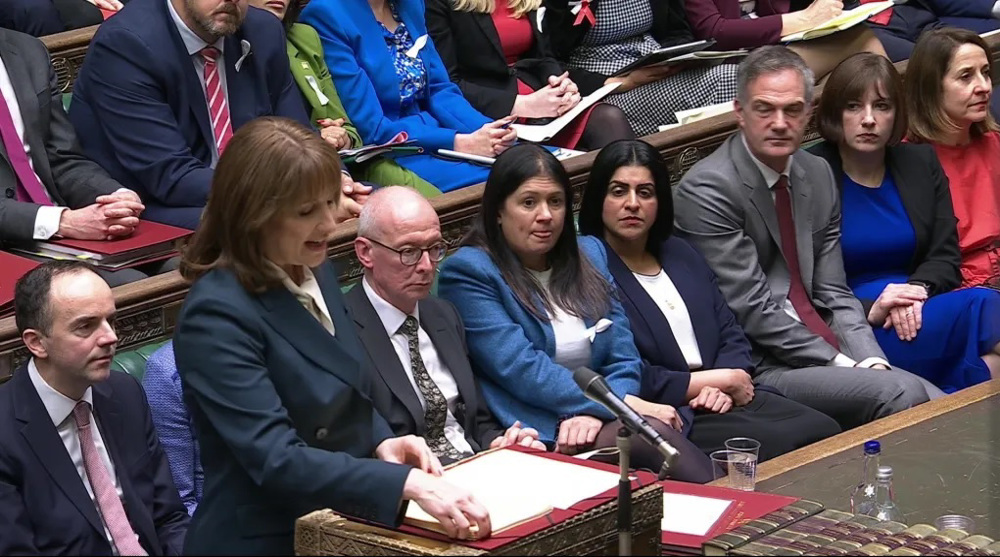





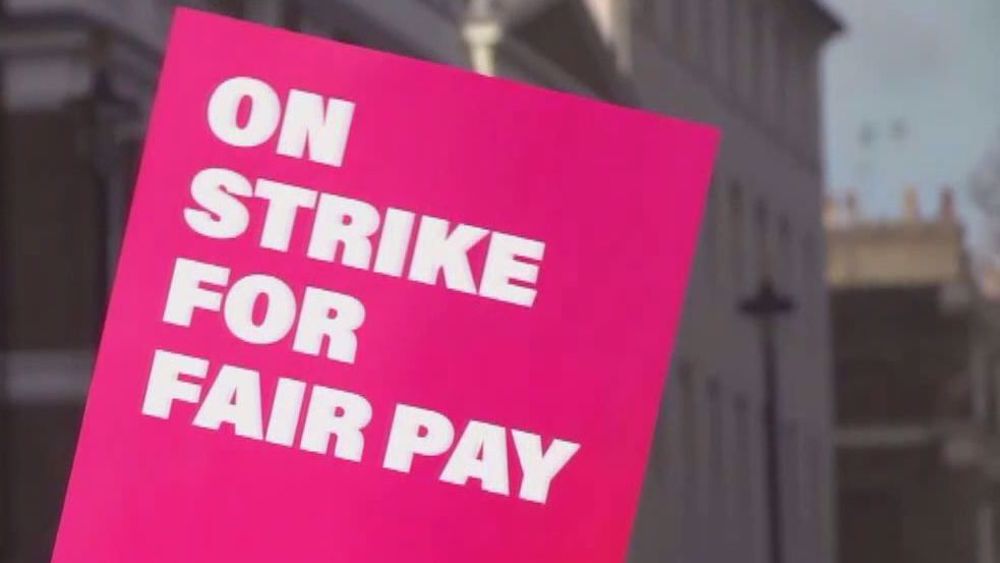
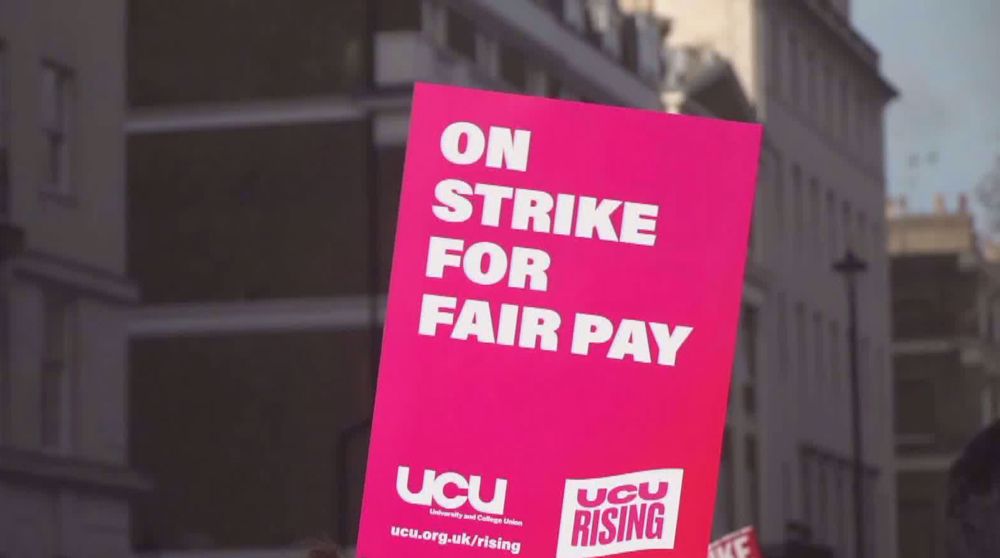
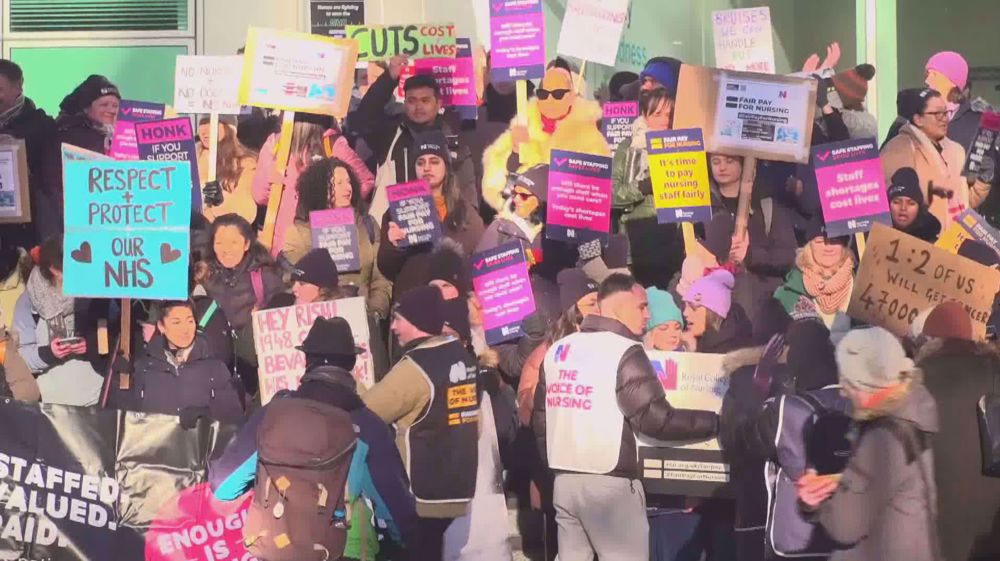
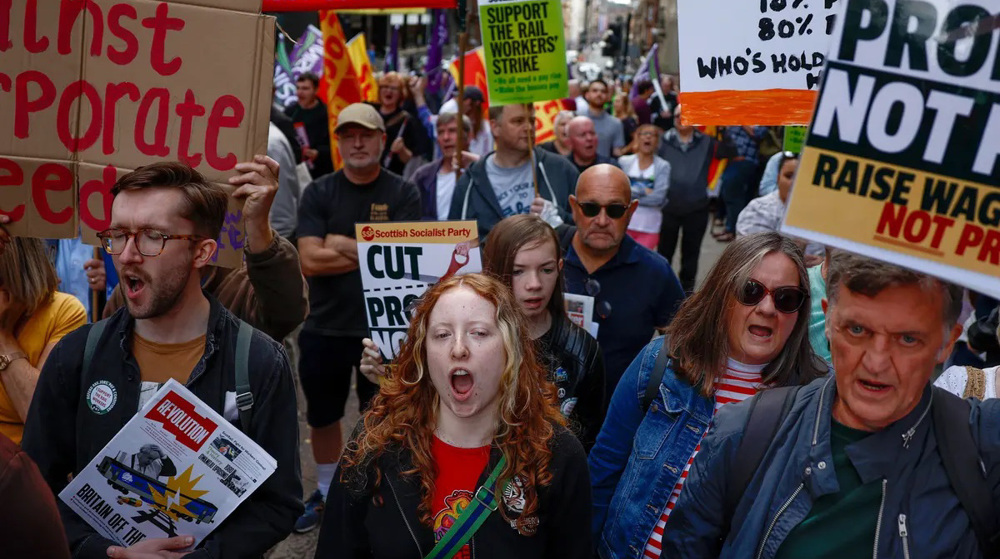

 This makes it easy to access the Press TV website
This makes it easy to access the Press TV website